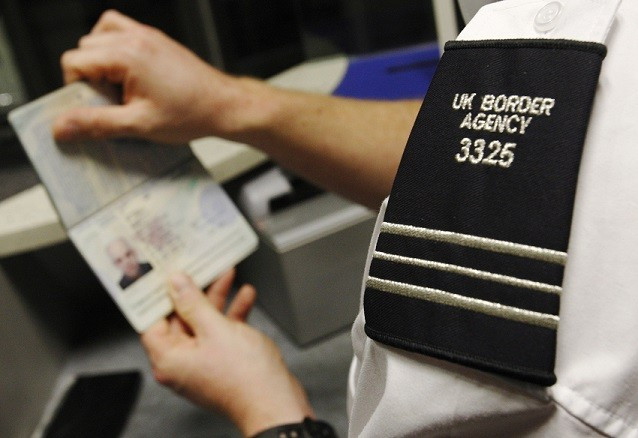Romanian and Bulgarian Worker Numbers in UK Rise 25%

The number of Romanians and Bulgarians working in the UK has risen by more than a quarter in the past three months, according to government figures.
The Office for National Statistics has revealed that 141,000 immigrants from the two former Eastern Bloc countries were employed in the UK between April and June - an increase of 26% on the 112,000 of the previous three months.
Laws restricting the types of work undertaken by migrants from the two countries will be lifted from the start of 2014, sparking claims on the right of a substantial rise in numbers.
The government has not said how many more Eastern Europeans are expected to arrive in Britain after the job market is fully opened up.
Sir Andrew Green, chairman of Migration Watch UK, said it would run at about 50,000 a year for the next five years.
He said: "This increase of just over a third in Romanian and Bulgarian workers in the UK over the past year is a sharp increase on the previous trend.
"It suggests that still larger numbers will arrive next year when our labour market is fully open to them.
"It's not surprising, because take-home pay here will be four or five times what these workers will get at home," he told BBC Radio 4's Today Programme.
Government officials from Romania and Bulgaria have repeatedly played down fears that immigrants from the two countries would en masse when the barriers come down.
Bulgarian ambassador Konstantin Dimitrov estimated that between 8,000 and 10,000 would enter Britain, while ambassador Ion Jinga predicted 20,000 might arrive from Romania.
UK immigration minister Mark Harper said: "These figures show that we are building an immigration system that works in the national interest and is supporting growth.
"The rise in numbers in employment has benefited British citizens first, but we are still attracting skilled migrants to come to the UK where they are needed by British businesses."
© Copyright IBTimes 2025. All rights reserved.





















